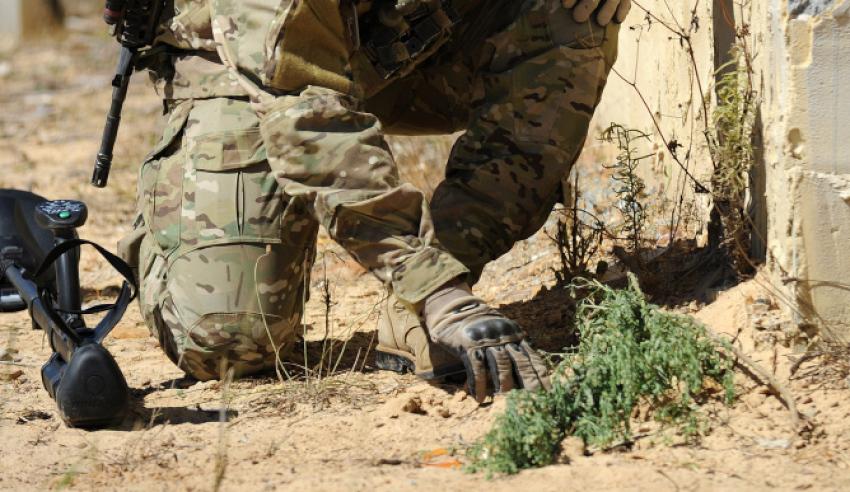A NSW SME will develop a counter-improvised explosive device (IED) system to enhance Defence’s capability.
Defence Industry Minister Christopher Pyne announced RingIR will receive $4.6 million to develop the counter-IED system, which will use a sensitive laser spectrometry technique to locate and identify vapours exuded from explosives.
"This technology could be used to determine the location and type of IED, allowing Australian Defence Force (ADF) personnel to effectively respond to improvised threats," Minister Pyne said.
The funding for RingIR's project was secured through the Defence Innovation Hub, which launched 5 December last year.
Various areas of innovation and technology are being explored under the Defence Innovation Hub contracts.
The third tranche of contracts under the Defence Innovation Hub were released in October, with the contracts totalling $5.9 million.
Queensland's Explosive Protective Equipment received a $242,000 contract to explore the integration of a Cobham Amulet Ground Penetrating Radar into an existing unmanned ground vehicle for detection of improvised explosive devices. Griffith University, also in Queensland, was awarded a $183,000 contract to explore the development of a portable device that enables real-time detection of airborne biological threats, such as fungi spores, viruses and bacteria.
WA's L3 Oceania received $2.9 million, the largest contract of the third tranche, to explore the development of an underwater acoustic sensor that could provide significant benefits within the ADF maritime domain.
NSW's University of Newcastle was given $2.2 million to explore the development of enhanced resilience training for ADF personnel through a set of virtual reality-based training sessions involving controlled exposure to adverse environments.
And in Victoria, Agent Oriented Software received $378,000 to explore the concept of an autonomous teamed intelligent software agent capability resilient to cyber attacks.
Investments from the first tranche totalled $800,000 while the second tranche of investments came in at $12.3 million.
Industry, academic and research organisations can continue to submit proposals through the Defence Innovation Portal at www.business.gov.au/cdic.



